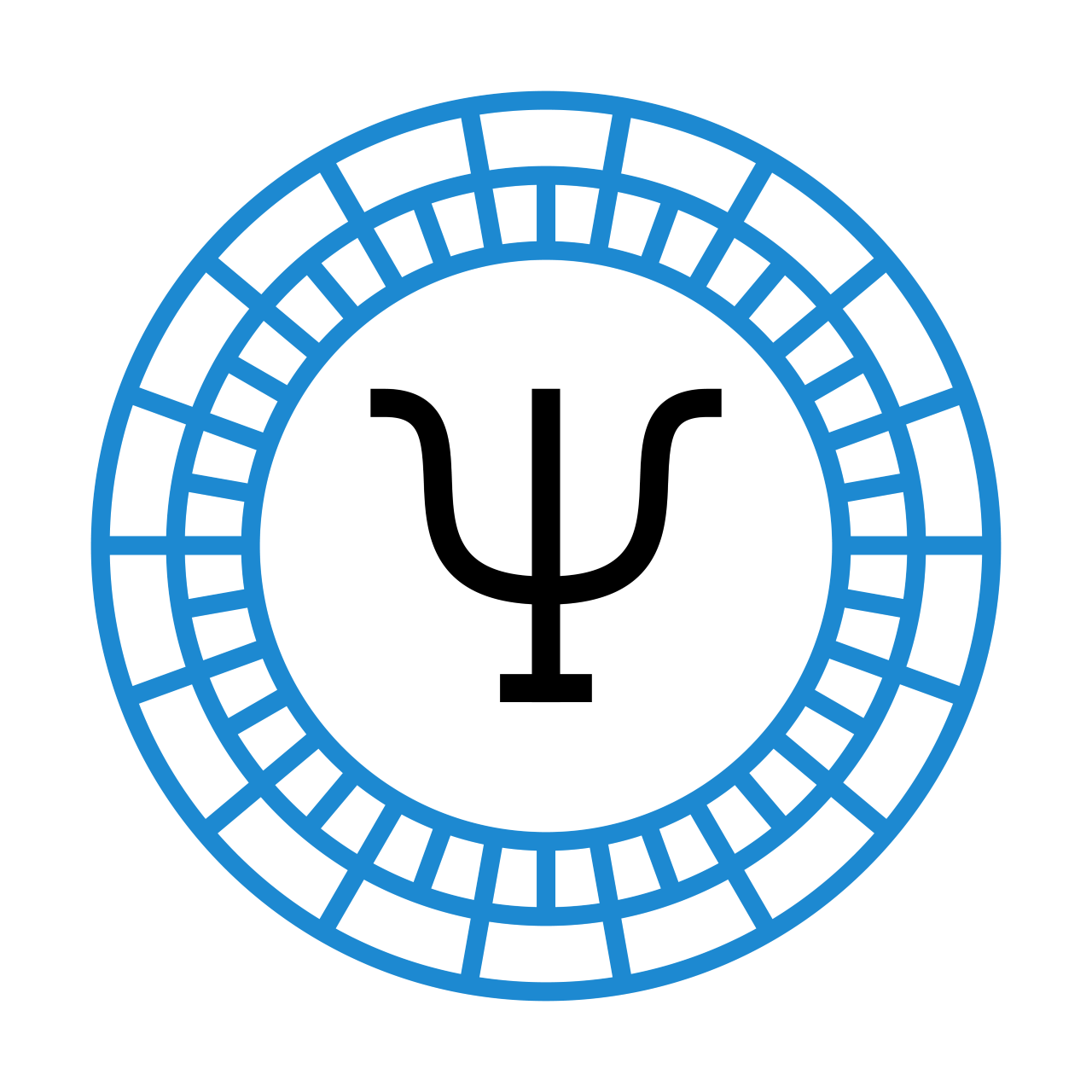Non-Traditional Treatments for Dementia
Aromatherapy
One non-traditional treatment for preventing and managing dementia is Aromatherapy – involving the use of essential oils (commonly lavender and lemon balm) administered via inhalation, bathing, massage and lotion. It takes advantage of the psychological effects of odours on emotions and past events.
Early research found subtle levels of lavender odour can reduce the number of errors in maths and concentration tasks compared to jasmine and no odour. However, the strength of the link someone has between past events and certain odours influence the effect of aromatherapy.
Although there are promising findings, there is a lack of controlled research to support aromatherapy’s effect on dementia and its symptoms. Lavender oil has multiple benefits. When put on night towels it reduced sleep disturbance in dementia patients, when used for massage therapy it improved behaviour after an hour in a single-case study, and is shown to improve motivational behaviour in dementia patients.
Different forms of aromatherapy
Recent studies investigated aromatherapy’s effect on a greater number of patients, finding lavender aromatherapy showed the greatest reduction in excessive motor behaviour in dementia patients 4 hours after treatment compared to other treatment conditions.
Lavender-steam aromatherapy may be helpful for agitation in those with severe dementia with 60% of the patients improving, 33% not changing, and 7% worsening.
Finally, the use of creams (5x daily, for 8 weeks) with essential oils significantly decreased behavioural problems and resistance to care in dementia patients, compared to using a normal cream. Additionally, lotion with lemon balm oil applied 2x daily was found to improve behaviour and quality of life in 60% of patients with severe dementia, with no significant side effects observed.
The problem with this type of research is, there are different forms of dementia with varying symptoms and levels of severity which may interact with the effect of the aromatherapy.
Ginkgo Biloba
The use of Ginkgo biloba is a non-traditional treatment. It is a plant extract believed to protect cell membranes and regulate neurotransmitter function that are effected by dementia. It has received mixed results when empirically tested.
Some studies found it is effective as other prescribed pharmaceuticals, such as donepezil (which arguably has more severe side effects), for mild to moderate dementia through improving measures of global mental functioning.
Others criticise ginkgo biloba’s protective role against dementia. For example, a longitudinal study showed it had no influence on the progression of dementia, for those with mild cognitive impairment.
An issue with using ginkgo extra is it has been found to increase bleeding if used with other medications, including warfarin, antiplatelet agents, and certain other herbal medications. Considering the elderly population normally suffers from dementia, increased bleeding may have a significant effect on their health.
Summary
The use of aromatherapy may provide a more natural treatment against dementia symptoms. However aromatherapy’s long-term impact on mental functioning needs to be addressed
Ginkgo biloba has promising results and in time may be a suitable alternative to traditional drug treatment
These non-traditional treatments may provide a short-term solution for the dementia symptoms, but can it be used to prevent the development of dementia?
Article by Edgar Chekera



